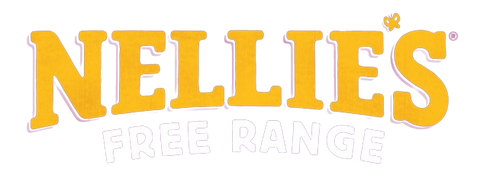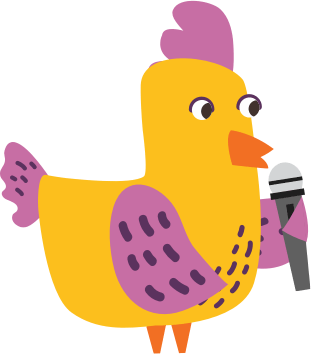
Recently, chickens have been in the news, and not always for great reasons, such as with bird flu and the attention inhumane practices have received after California passed Proposition 2, forbidding the use of battery cages for producing eggs.
Another news story about chickens that we've noticed is about farmers who work under contract for big meat poultry companies. The arrangement works like this: the farmer owns the land, structures and equipment. The poultry company sends them chickens and the feed necessary to raise them. The problem comes when the company continually demands that they modify their facilities in various expensive ways, but do not support that with higher payments to the farmers. Furthermore, they apply a "tournament system" whereby if your birds don't grow as fat on the same feed as a neighboring contract farm, your payments will be cut and you can even be terminated as a contractor with little notice. Finally, if a farmer requests a change to their facility to improve the quality of life for the birds, they will often be told no and can be subject to additional sanctions, inspections, or pay cuts. This is a fairly ruthless, but still quite common, course of business in the industry.
Nellie's Free Range Eggs also works with independent, small family farms to produce our eggs. But there are some very significant differences with how we do business with our farmer partners.
First of all, our farmers are partners, in every sense of the word. They are offered guaranteed prices to follow the strict guidelines for Certified Humane farming.
Second, we do not use a tournament system to constantly weed out our less efficient farmers. Instead we sign long-term contracts and do not penalize them for production issues that are not in their control, and will instead lend them a hand. We send our farm technicians to their homes to help them with issues that affect production like lighting, airflow, and temperature in the barn. We never pressure them to increase production by doing something that impairs the welfare of the hens, or the family that tends to them.
Third, instead of cutting corners, we continually work to improve conditions, such as our recent accomplishment of getting 100% of our farm partners on a Certified Humane Free Range standard. This is the opposite of the approach some of these other companies take. We are a Certified B-Corp, which means that we seek to meet a triple bottom line of financial, social welfare and environmental standards.
In the past decade of farming under our current partnership system, we have never terminated a farmer for poor financial performance and we have never had a farmer sue us, or leave us because they were unhappy with the partnership. That's something we're very proud of.











